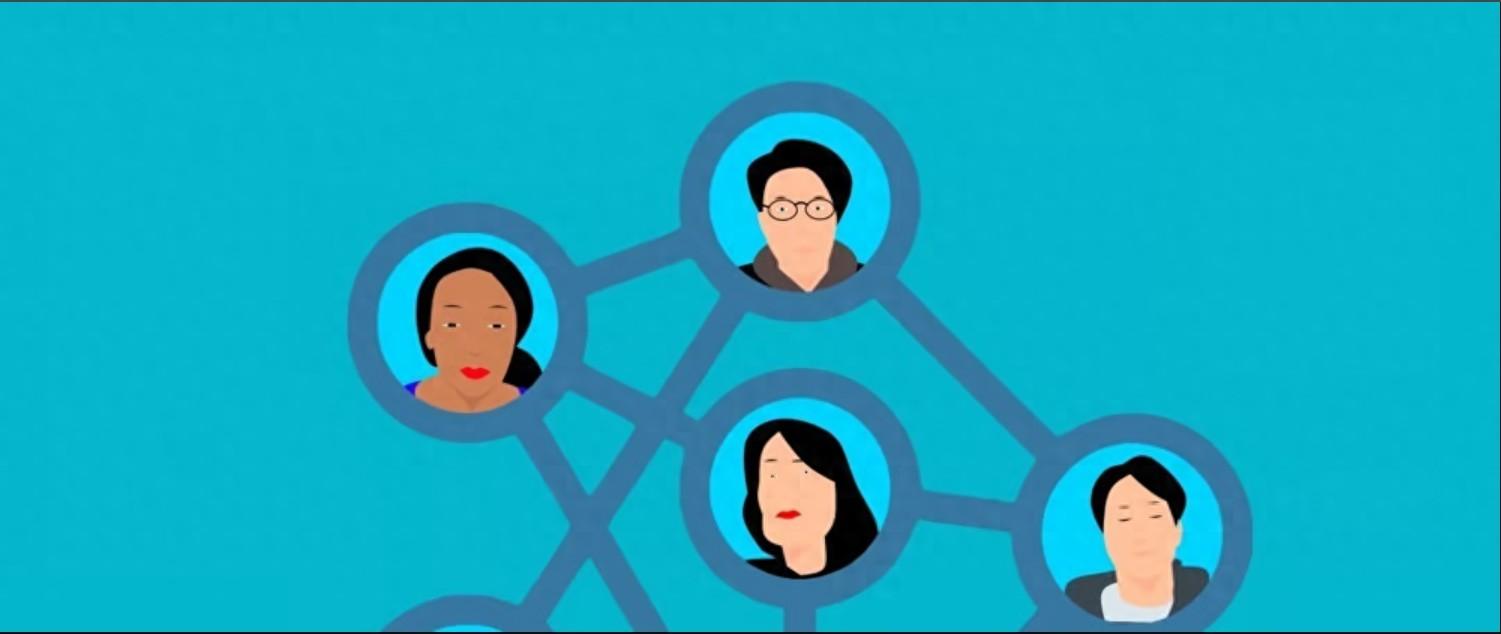想必很多人已经感受到了受本次疫情影响中国国内物价、全球物价的变化, 但你是否关注过全球食品安全的问题?又是否真的了解食品物价的变化?
借鉴之前艾滋病、埃博拉病毒和中东呼吸综合征(MERS)等流行病对粮食和营养安全产生了负面影响,2014年埃博拉疫情袭击几内亚、利比里亚和塞拉利昂时,这些国家的大米价格上涨了30%以上,利比里亚的主食木薯价格飙升了150%。
China daily引自北京中国农业大学教授、国际粮食政策研究所前所长的讲话中提到:
Global Food Security already faces challenges全球粮食安全已经面临挑战
COVID-19 is a health crisis. But it could also lead to a food security crisis if proper measures are not taken. The world is already facing food and nutrition security challenges. According to the United Nations Food and Agriculture Organization, more than 820 million people across the globe are already suffering from hunger, although the Chinese number reported by FAO is grossly overestimated.
COVID-19是一场健康危机。但如果不采取适当措施,也可能导致粮食安全危机。世界已经面临着粮食和营养安全方面的挑战。据联合国粮农组织(United Nations Food and Agriculture Organization)的数据,全球已有超过8.2亿人遭受饥饿,不过粮农组织报告的中国数字被严重高估了。
Close to 150 million children in countries around the world are stunted because of lack of proper nutrition. And in many countries, hunger and malnutrition have been on the rise for the past three years due to conflicts and the refugee crisis, climate change and worsening inequality, with the Middle East and Sub-Saharan regions being particularly vulnerable.
世界各国有近1.5亿儿童因营养不良而发育不良。在许多国家,由于冲突和难民危机、气候变化和不平等加剧,饥饿和营养不良的人数在过去三年里不断增加,中东和撒哈拉以南地区尤其脆弱。
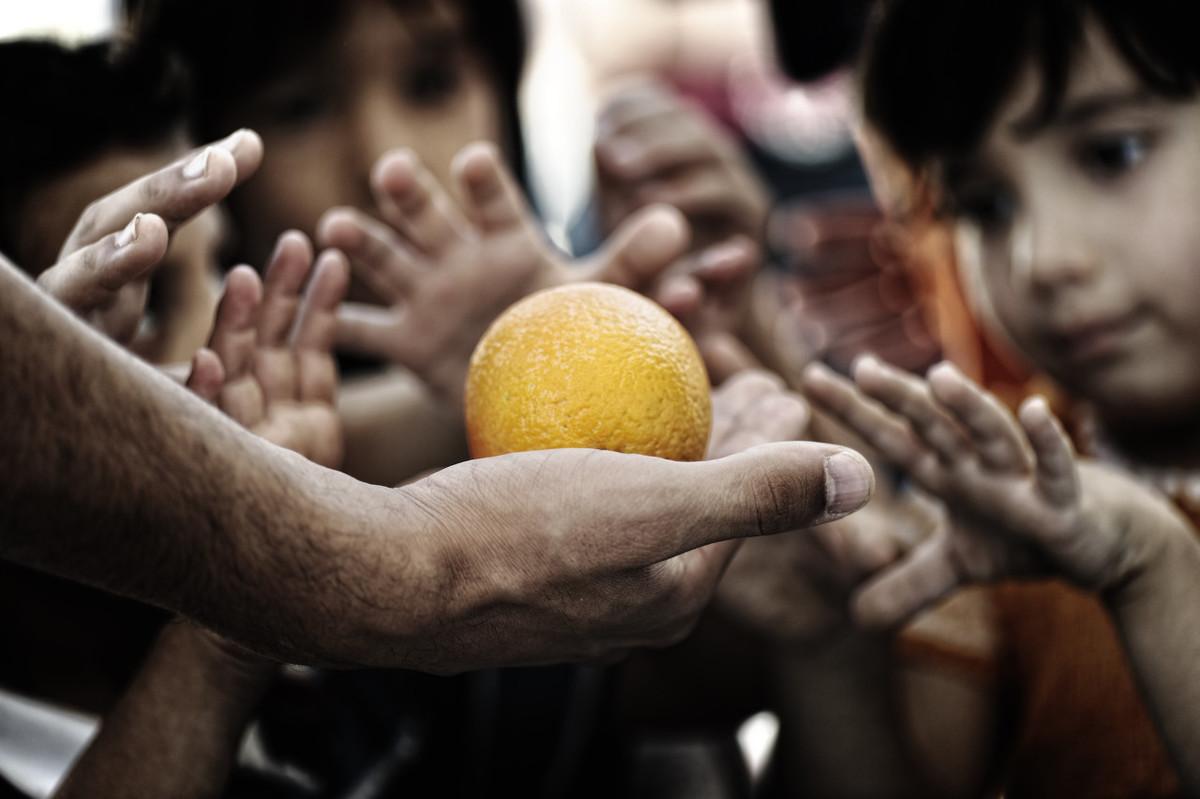
全球1.5亿儿童营养发育不良
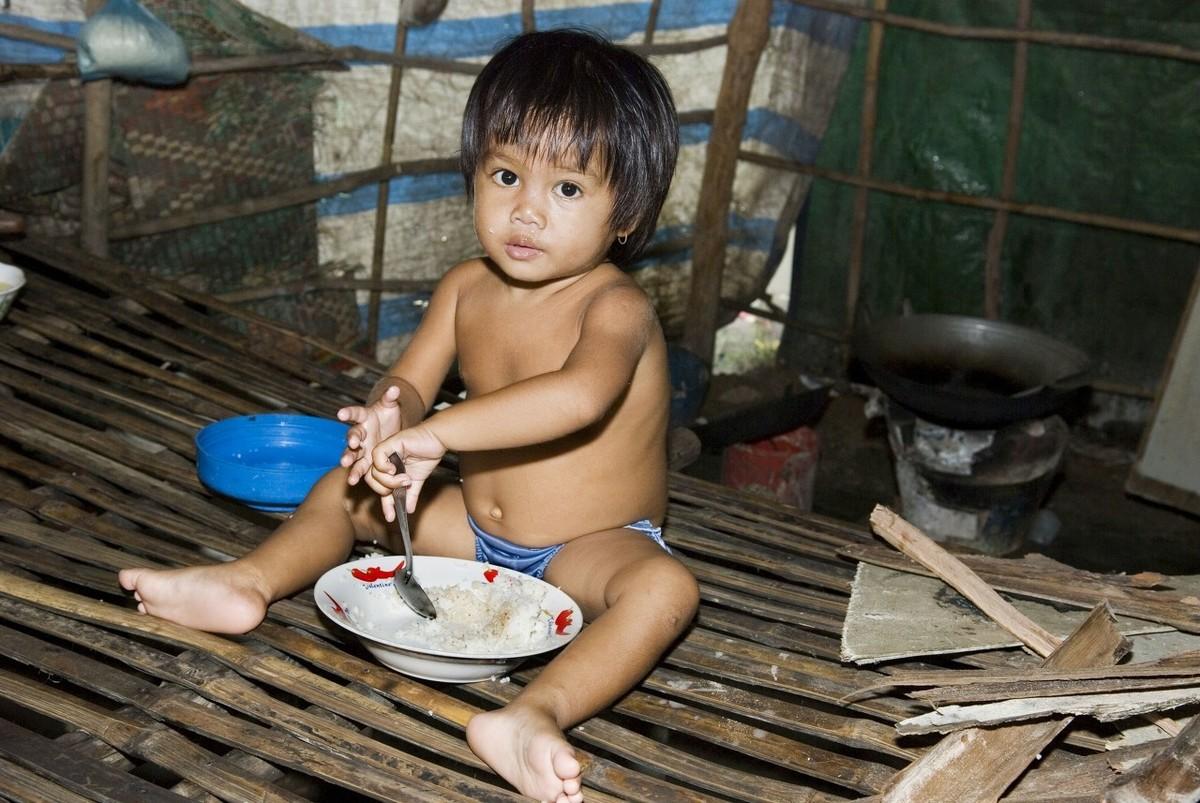
Epidemics like HIV/AIDS, Ebola and the Middle East respiratory syndrome (MERS) have had negative impacts on food and nutrition security — particularly for vulnerable populations including children, women, the elderly and the poor. For example, when the Ebola epidemic hit Guinea, Liberia and Sierra Leone in 2014, rice prices in those countries increased by more than 30 percent and the price of cassava, a staple in Liberia, skyrocketed by 150 percent.
艾滋病毒/艾滋病、埃博拉病毒和中东呼吸综合征(MERS)等流行病对粮食和营养安全产生了负面影响,特别是对包括儿童、妇女、老年人和穷人在内的弱势群体。例如,2014年埃博拉疫情袭击几内亚、利比里亚和塞拉利昂时,这些国家的大米价格上涨了30%以上,利比里亚的主食木薯价格飙升了150%。
In China, however, despite the severe acute respiratory syndrome (SARS) outbreak in 2002-03 delaying the winter wheat harvest by two weeks and triggering panic in Guangdong and Zhejiang provinces, didn’t affect production and prices on a large scale in the rest of the country.
然而,在中国,尽管2002年至2003年爆发的严重急性呼吸系统综合症(SARS)导致冬小麦收获期推迟了两周,并在广东和浙江省引发了恐慌,但这并未对全国其它地区的小麦生产和价格产生大规模影响。

Food prices will shoot up if nations panic again如果各国再次陷入恐慌,食品价格将大幅上涨
The 2008 food price crisis, too, taught us a valuable lesson. The crisis was caused by droughts in Australia and Argentina, increasing oil prices, rising use of food grains for biofuel production and trade policy failures. These prompted many countries to impose various export policies to restrict the export of food products.
2008年的食品价格危机也给我们上了宝贵的一课。这场危机是由澳大利亚和阿根廷的干旱、油价上涨、用于生物燃料生产的粮食使用量增加以及贸易政策失败造成的。这促使许多国家采取各种出口政策来限制粮食产品的出口。
For example, there was no shortage of rice supply, but due to panic behavior, many countries imposed higher taxes on rice exports or banned rice exports altogether. Rice prices doubled in the global market in six months, causing severe disruptions in rice trade leading to a food price crisis. If countries panic this time too, food trade and markets could be disrupted, albeit on a much larger scale.
例如,大米供应并不短缺,但由于恐慌行为,许多国家对大米出口征收更高的税,或完全禁止大米出口。全球市场大米价格在6个月内翻了一番,导致大米贸易严重中断,导致粮食价格危机。如果各国这次也陷入恐慌,食品贸易和市场可能会中断,尽管规模会大得多。
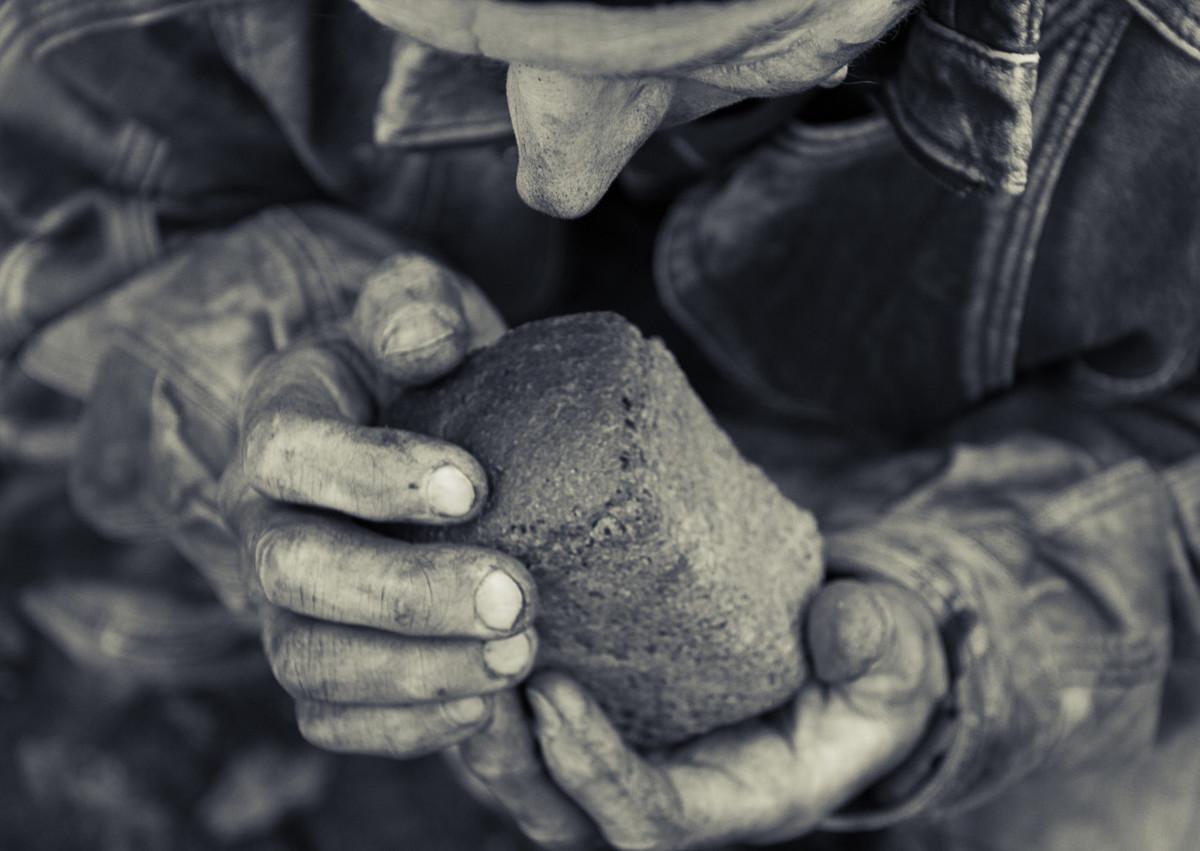
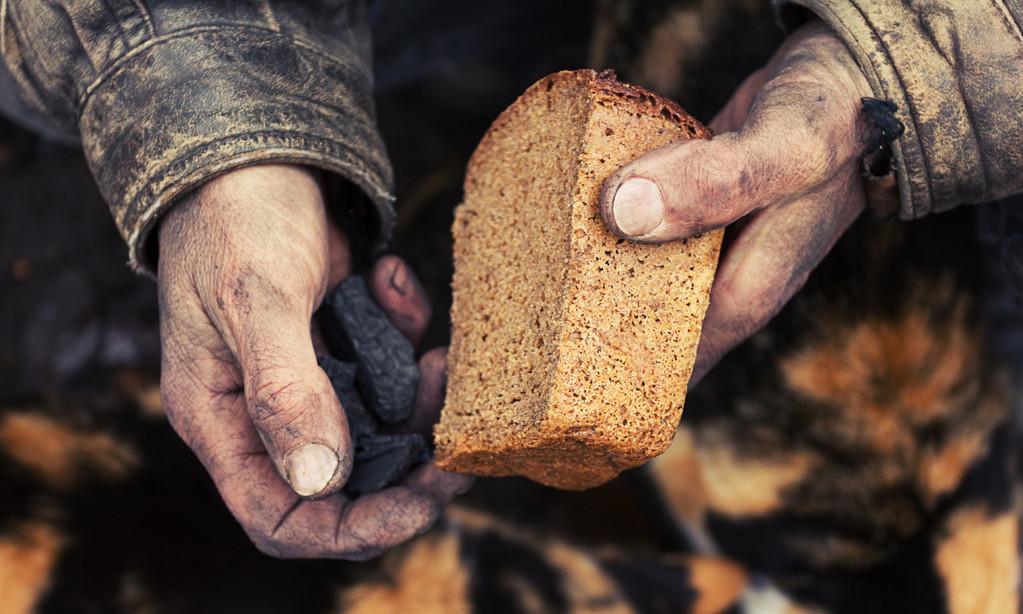
限 时 特 惠: 本站每日持续更新海量各大内部创业教程,一年会员只需98元,全站资源免费下载 点击查看详情
站 长 微 信: lzxmw777





